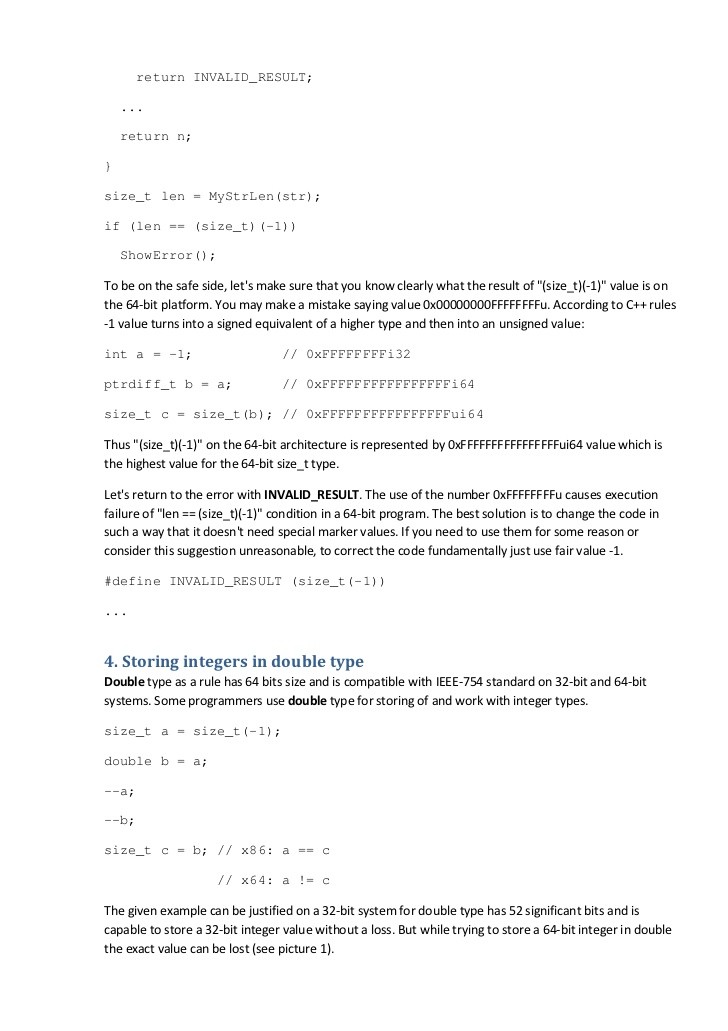Book value vs market value_1
Post on: 30 Июль, 2015 No Comment

What’s the difference between book and market value?
A: Book value is the price paid for a particular asset. This price never changes so long as you own the asset. On the other hand, market value is the current price at.
The Market Value Versus Book Value (KO,WFC)
Understanding the difference between book value and market value is a simple yet fundamentally critical component of any attempt to analyze a company for investment.
Difference Between Book value and Market value.
Oct 12, 2011 · Book value vs Market value Book value and market value are sometimes closely related and sometimes they arent. The difference between the two
CNBC: Book Value Vs. Market Value — CNBC Explains
There are many ways a company can be valued, but one important distinction to make is between its value on paper and the value determined by the market. This video.
CNBC: Book Value Vs. Market Value — CNBC Explains
There are many ways a company can be valued, but one important distinction to make is between its value on paper and the value determined by the market. This video.
What Is the Difference Between Book Value & Market Value
Both book value and market value can be important tools for investors hoping to build strong portfolios. While the market price of each stock provides clues to a.
What is the difference between book value and market value
The book value of an asset is its original purchase cost, adjusted for any subsequent changes, such as for impairment or depreciation. Market value is the price that.
Book Value vs. Market Value | eHow — eHow | How to.
Oct 21, 2009 · Book Value vs. Market Value. Shares of stock are pieces of ownership in a publicly traded company. Investors use book value and market value to
Market vs. Book Value — Boundless — Cloud Powered
Learn more about market vs. book value in the Boundless open textbook. Book value is the price paid for a particular asset, while market value is the price at which.
Fair Value Vs. Book Value | Chron.com — Small Business.
Fair and book value are two. SFAS 157 has the objective of removing uncertainty that asset stated values represent fair value. Fair Market Value of.
Book value — Wikipedia, the free encyclopedia
Neither market value nor book value is an unbiased estimate of a. Comprehensive earnings/losses will increase/decrease book value and book/sh. Comprehensive.
Book value — Wikipedia, the free encyclopedia
Neither market value nor book value is an unbiased estimate of a. Comprehensive earnings/losses will increase/decrease book value and book/sh. Comprehensive.
Professional Management Education — blogspot.com
Apr 15, 2010 · You should always use the market value weights to calculate WACC. In practice, firms do use the book value weights. Generally, there will be difference.
Market Value vs. Market Capitalization | Finance — Zacks

Market value represents the stock price of a publicly traded. Refinancing Value; What Is the Difference Between Book Value & Market Value Per Share of Common.
Bailout 3: Book value vs. market value — YouTube
What it means when the market value of a stock is different from its book value. More free lessons at.
Market Value Vs. Appraised Value | Home Guides | SF
Market Value Market Value Vs. However there are distinct differences between the market value and the appraised value of real estate. Market values are consumer.
Intrinsic Value What is the Big Deal?
Intrinsic Value vs. Book Value. Many times intangibles would be the cause of the greatest disparities between intrinsic values, market values, and book values.
P/B ratio — Wikipedia, the free encyclopedia
1 Total book value vs tangible book value; 2 P/B ratio and long term stock returns; 3 Value and limitations; 4 External links; 5 References
Google Price to Book Value (GOOG) — YCharts: The
Price to book value is a financial ratio used to compare a company’s book value to its current market price. Book value is an accounting term denoting the portion of.
Difference Between NAV & Market Value
Difference Between NAV & Market Value Reconciliation. which might or might not correlate directly to a company’s book value based on assets and liabilities.














